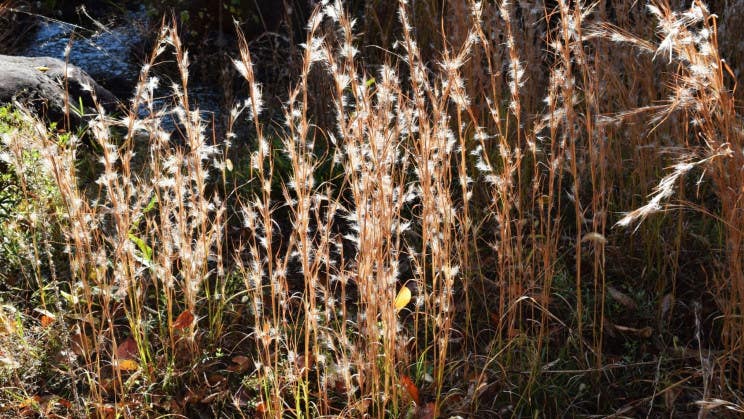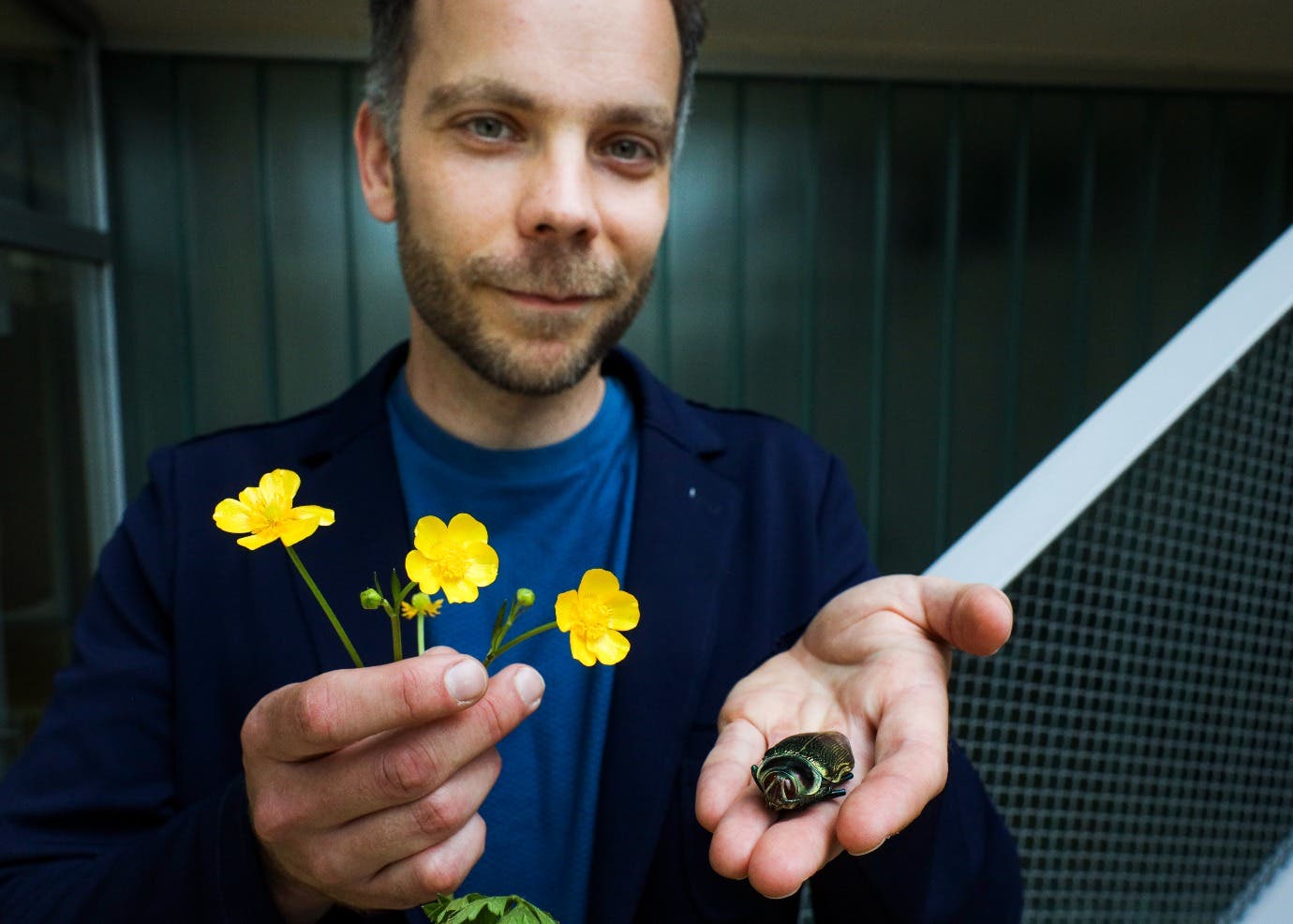Plant extract from invasive weed found to kill off cancer cells and prevent type 2 diabetes
The plant’s extracts seem to be promising sources of antioxidant, anti-diabetic, and antitumor agents.

[Mar. 9, 2021: Hiroshima University]
Introduction of invasive species can adversely affect a habitat if unidentified or mistreated, causing ecological, environmental, and economic damage in the process -- however, it doesn't always have to be that way. New research has shown that an invasive plant called Andropogon virginicus, a weedy grass native to the southeastern United States which has made its way to Canada, Australia, and Japan, might be actually used to benefit humans.
"Although A. virginicus has been considered a harmful invasive species without economic value, its extracts are promising sources of antioxidant, anti-diabetic, anti-tyrosinase, and antitumor agents," says paper author Tran Dang Xuan, associate professor in the Transdisciplinary Science and Engineering Program in the Graduate School of Advanced Science and Engineering at Hiroshima University.
Unexpected results
This plant, also called broomsedge bluestem, yellowsedge bluestem, and whiskey grass, grows tightly populated and up to seven feet tall (2.1 meters). Once it makes its way to a new habitat, there is no way of effectively removing it since it grows back stronger when burned.
The findings, published in a special issue of Plants, titled "Biological Activities of Plant Extracts", show that while the invasive weed seriously threatens agricultural production, there is a potential application. The samples extracted from the weed were found to have high levels of flavonoids are promising sources of antioxidant, anti-diabetic, anti-tyrosinase, and antitumor agents.
The researchers tested these plant chemicals against a variety of cell lines and saw that they bonded to free radicals, thus preventing damage to the cells. This can help prevent age spots as well as knock-on cellular actions that can lead to Type 2 diabetes. Moreover, when applied to a line of chronic myelogenous leukemia, a rare blood cancer, the extracted chemicals appeared to kill the cancer cells.
Like these kind of stories? Get The Brighter Side of News' newsletter.
Xuan said the researchers plan to establish a comprehensive process to isolate and purify the compounds responsible for known biological properties, as well as work to identify new uses. They will further test the therapeutical effects of the compounds, with the eventual goal of preparing functional pharmaceuticals for human use.
Materials provided by Hiroshima University.
Tags: #New_Discovery, #Cancer, #Medical_News, #The_Brighter_Side_of_News



